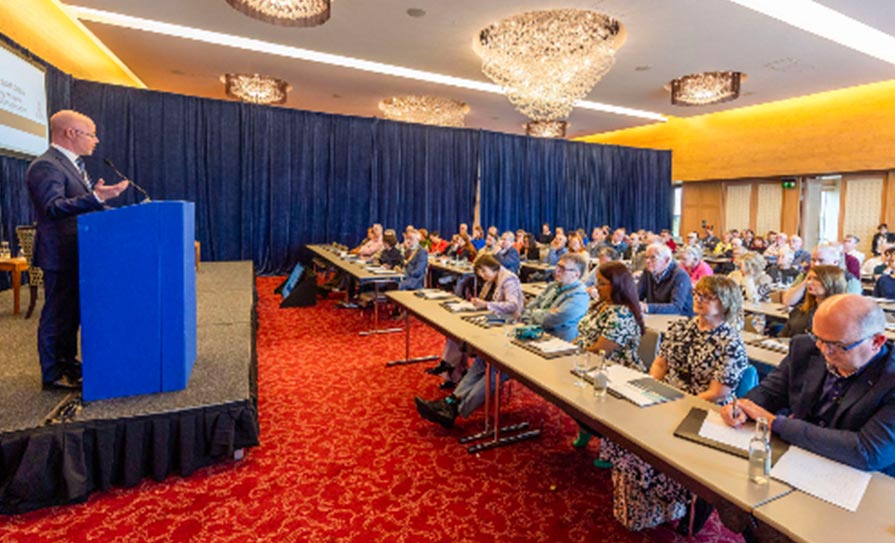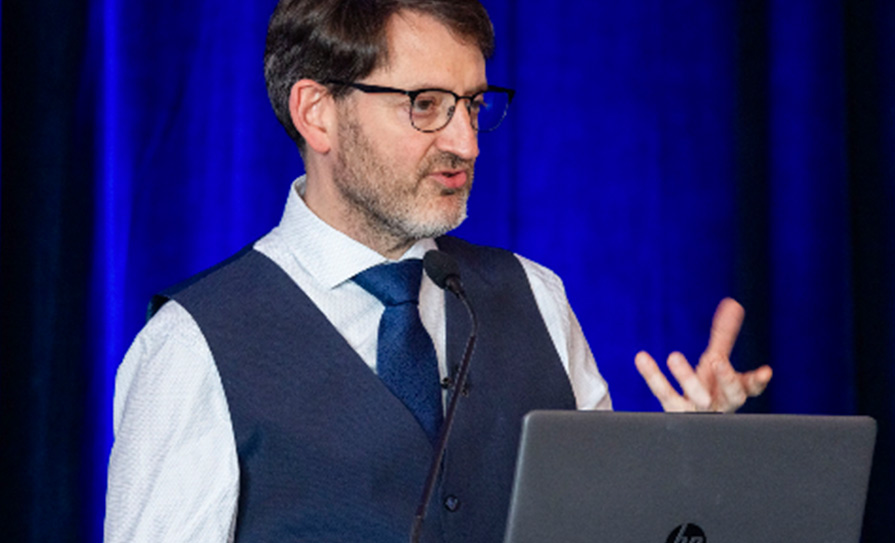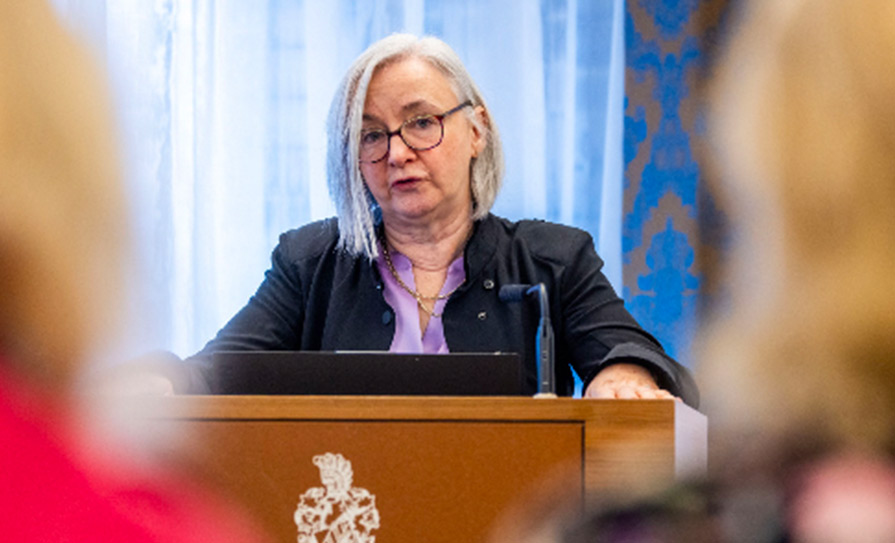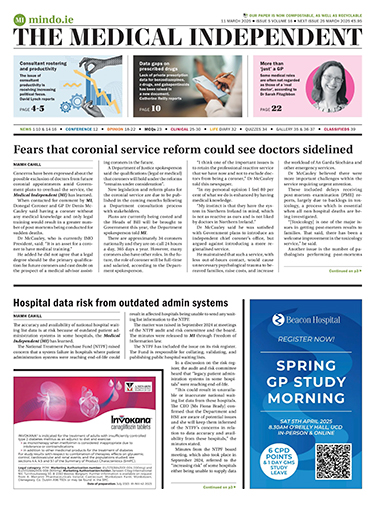If you search for information on a topic with which you are already familiar, you will recognise what you consider to be reliable sources of information. You will also find information from sources unknown to you. If you search for information on a topic with which you are not familiar, will you recognise any of the information sources at all? What can you believe?
I did a few Internet searches while writing this article. For ‘vaccination’, the first pages of results were a mixture of adverts for vaccination services and information from the HSE, NHS, etc, all promoting vaccination. For ‘dangers of vaccines’, the first page contained four anti-vaccine sites. Each of these contained many links to other anti-vaccine sites. It is easy to see how people with even the vaguest of concerns about vaccination can be exposed to anti-vaccine information presented in a very compelling manner.
One would hope that presentation of the case for vaccines in as compelling a manner would counter the anti-vaccine message. This does not seem to be the case. It is 20 years since Andrew Wakefield’s paper, alleging a link between MMR vaccine and autism, was published. Many scientific papers have been published since, which failed to prove any link between MMR vaccine and autism and, in addition, Andrew Wakefield has been discredited and struck off the medical register. Yet people still have concerns about the MMR vaccine and autism, and uptake of the vaccine in young children in Ireland, which fell following publication of Wakefield’s paper in 1998 and dropped below 70 per cent in 2001, is still below the national target of 95 per cent, at only 92 per cent. Mud sticks.
The ease with which all kinds of information can be accessed and circulated is contributing to the problem. The Internet search will bring up the rumour that began yesterday and the story that is 30 years old. No story is ever truly dead and fake news can spread faster than wildfire and reach a big audience before there is time to issue a rebuttal. It is also easier than ever before to exist in an information bubble, where you only hear the news you want to hear and aren’t exposed to information which conflicts with your beliefs.
Another factor impacting on this issue is the increasing phenomenon of anti-expert bias. All sorts of people are sharing their health beliefs and ideas with the world and some good communicators have a very wide audience, to whom they dispense health advice that may have no scientific basis at all.
Doctors and other health professionals promote vaccination using scientific evidence to support their arguments. Some of this evidence is complex and difficult to communicate. Those promoting vaccination are sometimes accused of being part of a ‘Big Pharma plot’ to market unnecessary vaccines for profit or of being a ‘vested interest’.
We must learn the techniques necessary to promote vaccination and other health messages in the modern world. The recent improvement in uptake of HPV vaccine in 12-to-13 year-old girls is evidence that an integrated response to anti-vaccine propaganda, backed-up by evidence, does work.
<strong><em>Dr Ann Hogan is IMO President.</em></strong>












Leave a Reply
You must be logged in to post a comment.